French President Emmanuel Macron: acknowledges French atrocities committed in Cameroon during the 1950s as the country fought for independence, but forgets to mention that these atrocities extended into the British southern Cameroons.
By The Independentist Editorial desk
French President Emmanuel Macron has, for the first time, publicly acknowledged that French colonial troops committed “repressive violence” in Cameroon during the 1950s as the country fought for independence. This rare admission — made in a letter to Cameroon’s President Paul Biya — comes at a time when African nations are reassessing France’s ongoing presence and influence on the continent.
Macron’s Admission
The letter, made public by the Élysée Palace, followed an official Franco-Cameroonian historical commission’s report detailing French colonial crimes between 1945 and 1971. These included:
Mass forced displacement of communities
Internment camps under inhumane conditions
Sponsorship and arming of militias notorious for their brutality
Systematic assassinations of nationalist leaders
The report also confirmed that the violence did not stop with Cameroon’s formal independence in 1960 — it continued well into the 1960s, targeting political opposition and nationalist movements.
Macron named prominent victims such as Ruben Um Nyobè, Paul Momo, Isaac Nyobè Pandjock, and Jérémie Ndéléné — all killed in French-commanded military operations. These acts, he admitted, cost “tens of thousands of lives.”
Extending the Lens to Southern Cameroons
What Macron’s statement did not address — and what historical evidence makes clear — is that French-sponsored violence extended beyond the boundaries of the former French-administered Cameroon into British Southern Cameroons after the disputed 1961 plebiscite.
Once Southern Cameroons was handed, without a treaty of union, into a federation with French Cameroon, French-trained and -equipped troops were deployed to suppress resistance to Yaoundé’s growing centralisation.
Documented atrocities in Southern Cameroons under French-backed operations included:
Burning of villages such as Ndu, Bali, and Mbiame in the late 1960s and 1970s
Mass killings and disappearances of civilians suspected of opposing central government policies
Militarisation of civilian life, with curfews, arbitrary arrests, and detention without trial
Suppression of Southern Cameroons’ democratic institutions, replacing them with French-style administrative control
Economic Disabling of Ambazonia
Beyond physical repression, French-backed policy deliberately crippled the economy of Southern Cameroons, turning a once self-sufficient territory into an economically dependent appendage of Yaoundé. This included:
Destroying the Cameroon Development Corporation (CDC) through deliberate neglect, mismanagement, and diversion of profits to Francophone-controlled institutions.
Shutting down the Victoria and Tiko deep seaports, depriving Ambazonia of direct maritime trade access and forcing dependence on the Douala port.
Liquidating the Cameroon Bank, which had been the financial backbone for Southern Cameroons’ agriculture and commerce.
Sabotaging transportation infrastructure, allowing the Bamenda–Enugu road, rail links, and airport facilities to deteriorate beyond use.
Stifling industrial growth, including blocking local manufacturing initiatives that could compete with Francophone or French firms.
These actions were not accidents of poor governance — they were strategic moves to integrate Ambazonia into a dependent economic orbit, ensuring that the territory could never independently sustain itself or challenge French and Yaoundé control.
The Case for Reparations
For Ambazonians, Macron’s partial acknowledgment opens a door — but only slightly. Reparations are not only a matter of moral responsibility but also of legal obligation under international law. The principle is simple:
France’s colonial troops caused direct loss of life, destruction of property, and economic dislocation.
These acts violated the laws of war and fundamental human rights, even under the standards of the 1950s–70s.
France’s material support for post-independence repression in Southern Cameroons constitutes complicity in crimes against humanity.
Reparations must therefore include:
Official recognition of atrocities in both French Cameroon and Southern Cameroons.
Public apology without conditions or historical revisionism.
Financial compensation to victims and affected communities.
Economic restoration, including rebuilding destroyed industries, reopening ports, and restoring independent financial institutions.
Full historical disclosure, with the declassification of all French military and diplomatic archives on Cameroon and Southern Cameroons from 1945 onward.
Dr. Sako’s Position
President Dr. Samuel Ikome Sako of the Federal Republic of Ambazonia has consistently maintained that France owes a debt to the people of Southern Cameroons — not only for the atrocities of the colonial period but also for the decades of military and economic sabotage enabled by French policy toward Cameroon.
According to Dr. Sako:
“France cannot selectively confess to crimes in French Cameroon while ignoring the blood it spilled, the livelihoods it destroyed, and the economy it crippled in Southern Cameroons. Reparations must reflect the totality of harm — including our right to restore our full independence, stolen in 1961 without a treaty of union. Anything less is historical fraud.”
Dr. Sako has also linked reparations to the broader political settlement of the conflict:
Without acknowledgment of France’s role, there can be no genuine reconciliation.
Reparations should be paired with political disengagement, ending French military and economic control over the territory.
International mediation must be based on the principle of self-determination, not on preserving the colonial borders France engineered.
Conclusion
Macron’s admission is a historic crack in the wall of silence that has long shielded France’s colonial crimes from accountability. But for the people of Southern Cameroons, the path forward is clear: truth must be whole, justice must be comprehensive, and reparations must be real. Until then, Ambazonia’s struggle for freedom remains inseparable from its demand for France to pay its historical debt.
The Independentist Editorial desk













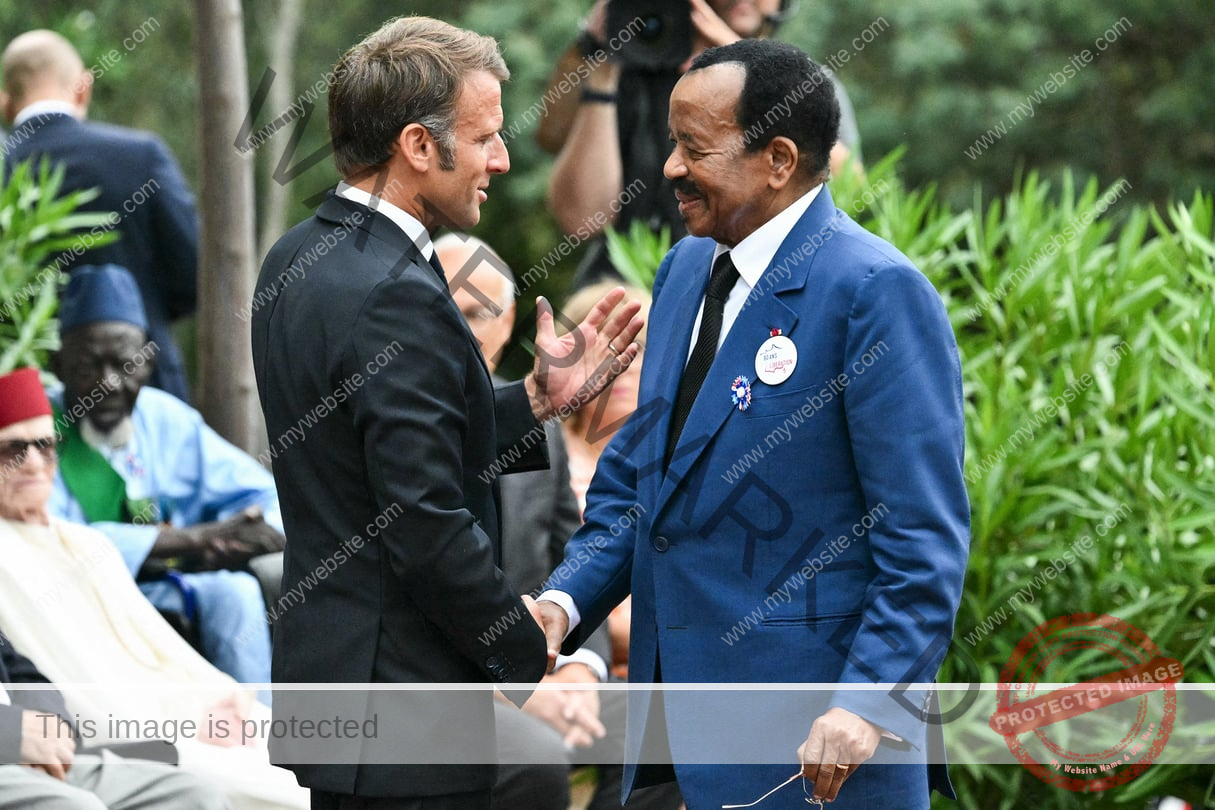
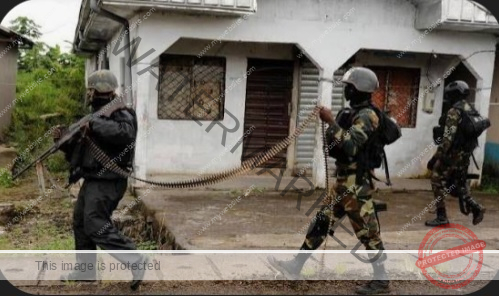
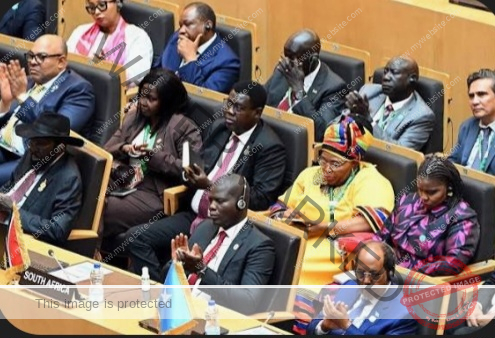
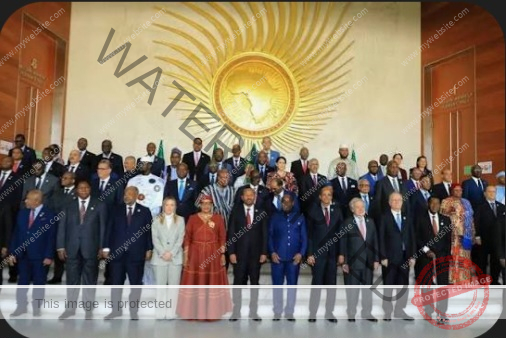
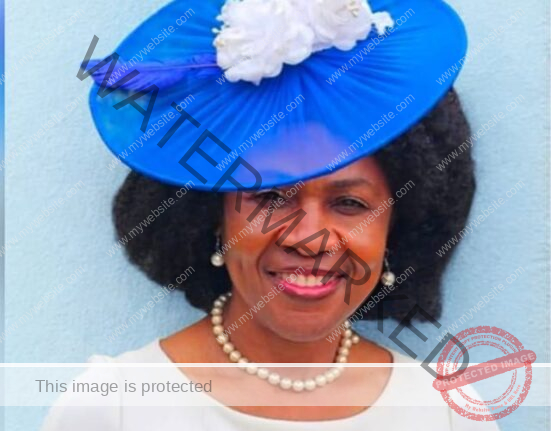
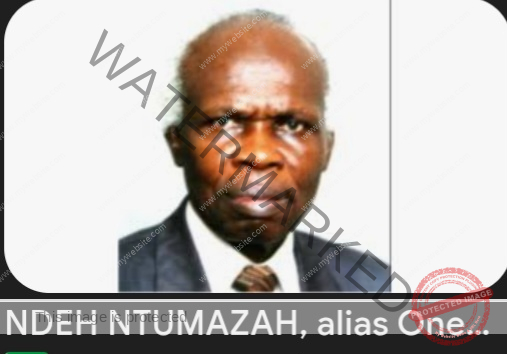


Leave feedback about this